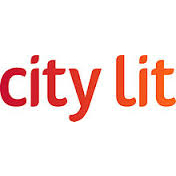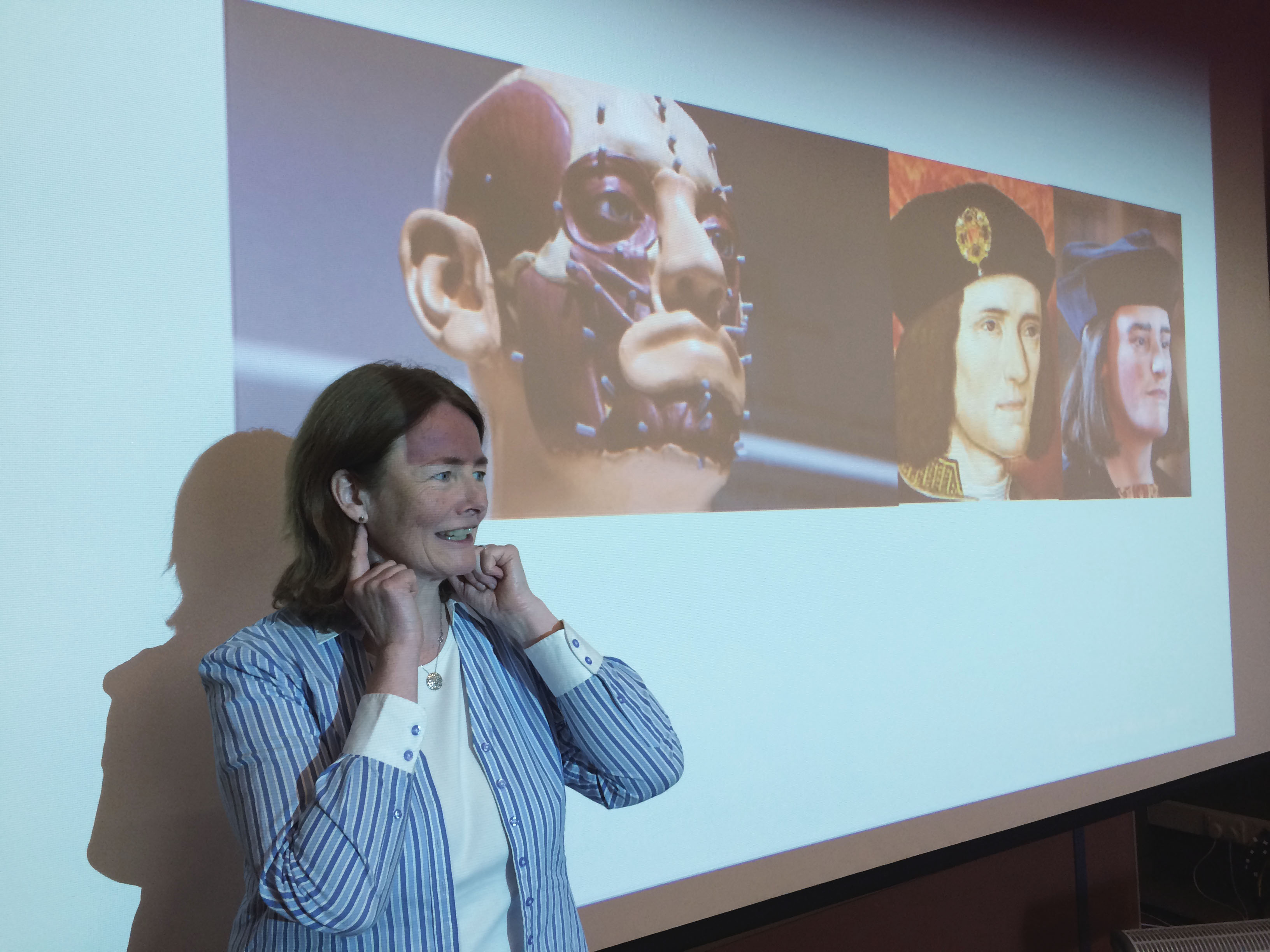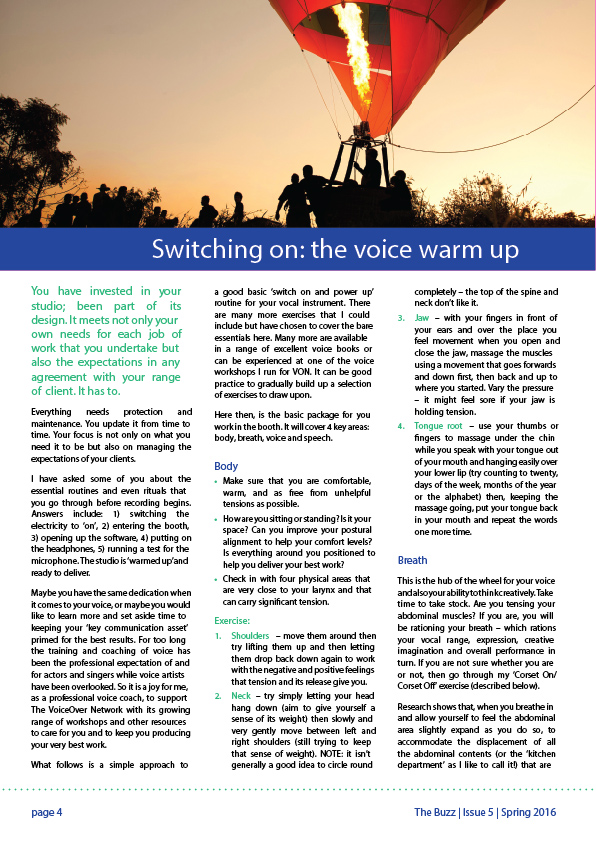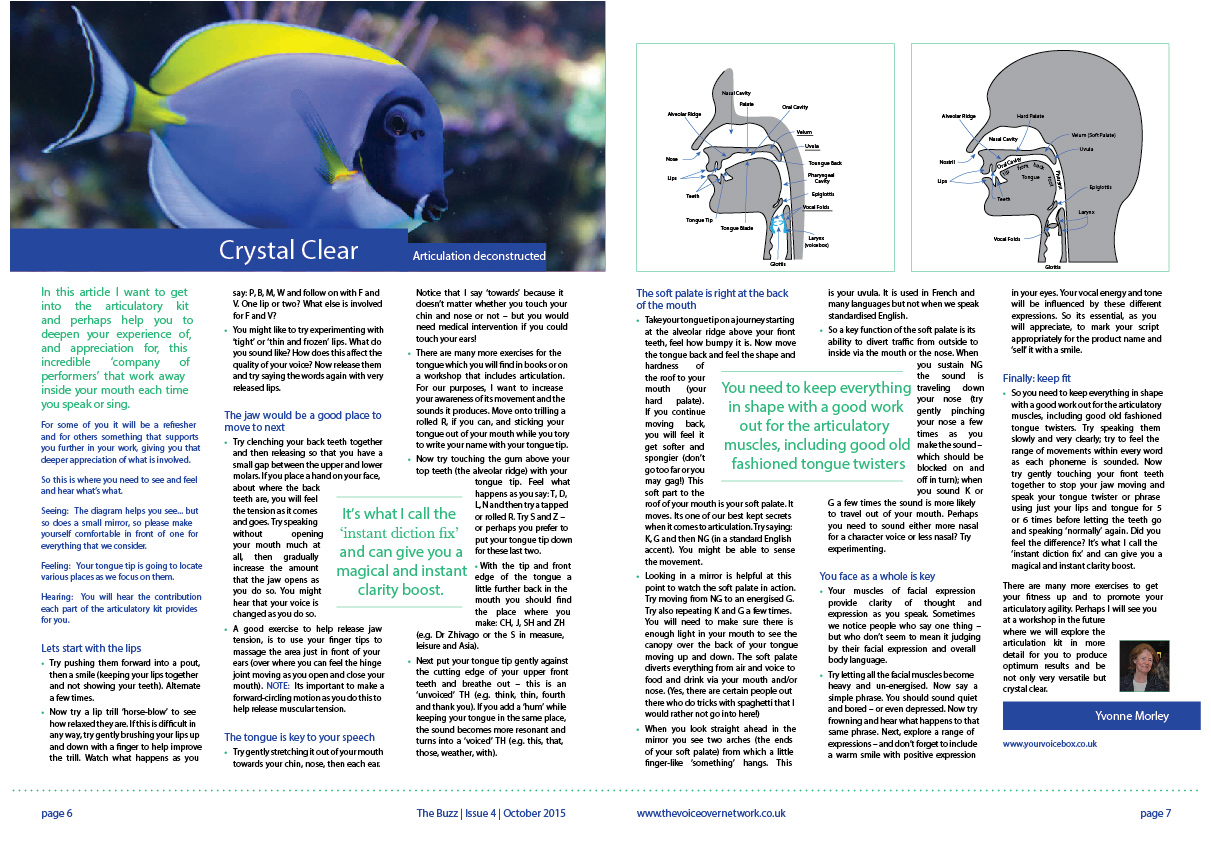Legal Professions:
“From Clerk to Court” a two day course for pupillage and/or those barristers wishing to refresh their voice and communication skills. Send a request for more information.
Teachers & Lecturers:
The best laid plans and detailed class preparation are not enough if the teacher fails to communicate it well. The old adage: “Not what you say but how you say it” rings as true today as it has ever done. A range of workshops are available to meet the needs of the staff or school /college. One to one coaching is an option. Send a request for more information.
Yvonne has been delivered the keynote lecture and successive workshops for students at the Institute of Education (London) for the last few years. Her lecturers are practically based and very popular. Send a request for more information.
In addition, Yvonne delivers training to schools and local authorities as an approved tutor for the Voice Care Network UK. Their website: www.voicecare.org.uk
Leadership Development:
Presence, impact, gravitas, innovation, inspiration, authority, strength, authenticity and skill. Until the recording is played back no one has a sense of how they come across to others. A typical working day might be filled with a range of dialogue to various colleagues and clients. Dialogue needs voice. Vocal tone and range sets the atmosphere. It can help or hinder professional relationships and effect communication with everyone – from the customer to the Chair. The most experienced individual benefits from work on their voice, communication and presentation skills. Send a request for more information.
Introduction To The Work
Everyone hears 66% of their voice and speech from inside their own head. No matter how experienced we become, or what position we hold, this never changes. No one has an accurate sense of how they really come across to others. The implications mean that we may perceive inwardly that we are clear, audible, have vocal variety and our communication and interpersonal skills are good …. but there may be others who would disagree or suggest ways to further enhance them.
A significant number of people, including the elite in their fields, have a limited perception of how they come across. No one is exempt. Anyone listening to themselves recorded knows that it doesn’t sound how they expected it to be.
The old adage: “ It isn’t what you say but how you say it” holds true. Content is obviously crucial, yet research shows that “clarity” can be compromised by things like “tone” of voice if it doesn’t support the content sufficiently. For example: “the results are really encouraging”, delivered in a monotone voice will cause the listener to be either dubious about or confused by the speaker’s sincerity. Non-verbal communication can add further complications with facial expression and body language either helping or hindering the act of communication.
This work provides an opportunity to understand and experience some immediate changes in your voice and the effect these can have on the listener.
It will cover:
- What makes a great speaker?
- How the voice works
- Presence, impact and authority
- Gravitas
- Avoiding the monotone
- Posture, breath and resonance
- Speech clarity
- Ease, freedom from tension
- Dealing with the inner critic
- Clear thinking, clear speaking
- Keys to vocal variety
- How to achieve effective communication?
- How to be remembered
In addition:
- Quick strategies for handling stress and nerves?
- How to avoid hurting your voice
- Why you should throw away the throat lozenges!
- How to be heard at the back
- Dealing with different audiences (one to millions)
The work will appeal to the most experienced in their field as well as to those who feel they have more to learn.










